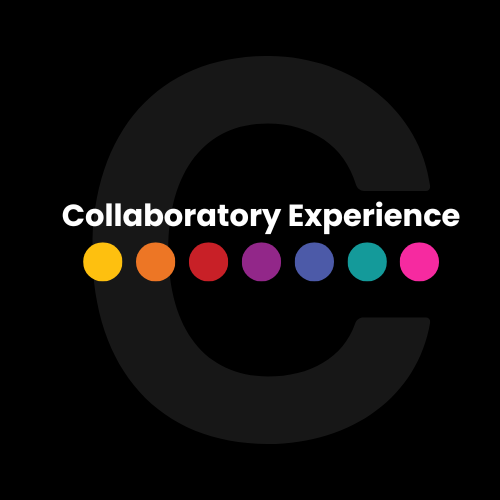How to Price Your Entrepreneurial Services and Earn High-end Fees
In my line of work helping entrepreneurs with business development and growth strategies, I come across many new entrepreneurs who really struggle with how to price for their services and end up all over the map. They mostly charge by the hour and at too low a rate. Most of these entrepreneurs tend to be life coaches, but also other types of entrepreneurs with a service business.
I educate service-based entrepreneurs on the price rationale model of charging for their services by engagement, based on the value provided to the client. As a business coach who comes from a consulting background pricing based on value is second nature to me.
The trick is how to have conversations with prospective clients so that they agree to pricing based on the engagement. It’s easy once you get the hang of it, but hard for some service-based entrepreneurs transitioning from the mindset of charging by the hour. In this article you will learn simple steps I teach to make this transition.
Market yourself so that prospects come to you with issues. Don’t chase clients. Do this by getting good at networking/asking for introductions, forming alliances with complementary professionals, conducting educational marketing (e.g., speaking, writing, webinars, online videos, whatever works for your style), and leadership roles in industry associations and non-profit organizations (quality over quantity; pick a couple and go deep vs. dabbling in many).
When a prospect comes to you with a problem, don’t pitch or sell. Instead, coach them through the buying process. Your job is to discover together whether the prospect has a big enough problem to hire an expert, whether they have the money and the authority to get it, and whether they want to work with you. Ask the tough questions to find out:
How big the problem is and what it is costing, especially if the client doesn’t act soon.
The value of solving the problem.
What the client is willing to invest to solve the problem, and how they can access the money.
If the client doesn’t seem to have a big enough problem to afford your fees, there is nothing you can do. Politely move on. You have saved yourself a lot of time. If the client has a big enough problem, and the money, to pay your fees, that’s great news!
Now you can ask about how they see you working together. The client might already have ideas. This is where you explain to the client at a high level the process you use and the path you take to get results.
Ask the client what they want to do next. There is no better closing question than this. The serious clients usually say they want to move forward. A proposal then summarizes everything you discussed (price, scope, etc.). Never submit a proposal if the client hasn’t already agreed to sign it and has agreed to price and scope beforehand.
Through the process, be willing to be open and on equal footing. If the client hems and haws — even after you take time to explore the client’s concerns and objections — be willing to move on.
Negotiate on the scope but not your fees. Again, it is not about hours. It is about value. The value is either there or it isn’t. If the client suggests that your engagement is too expensive, go through the value of solving the problem again and ask what you missed. Ask what part of the solution/value he or she doesn’t want to experience.
If you are new to this, realize that some people will never get this approach. Let another professional work with them. There are plenty of other people who understand that top professionals charge based on value, and they are willing to pay a fair price to solve big issues. Consultants and other professionals have already trained them that this is fair.
I teach service-based entrepreneurs how to incorporate engagement packages and value-based pricing to increase their income and cut the time they spend on business development.
Let Collaboratory Experience Help
Need help starting your business? Contact us to learn about our 1:1 business coaching and tailored small business solutions to help you build, launch, and grow.
Collaboratory Experience is more than a marketing agency, we’re an amazing collaborative experience.
Collaboratory Experience is not just our name, we’re a testament to the measurable impact we offer businesses and brands looking for an exceptional agency experience. Our collaborative approach removes the layers of typical agency bureaucracy offering one-on-one consultation between businesses and the award-winning talent it takes to execute strategies that get results. Check out the marketing services we provide to help transform possibilities into tangible results specifically tailored for your unique business.
Ready to Make Your Impact? Talk to us.

